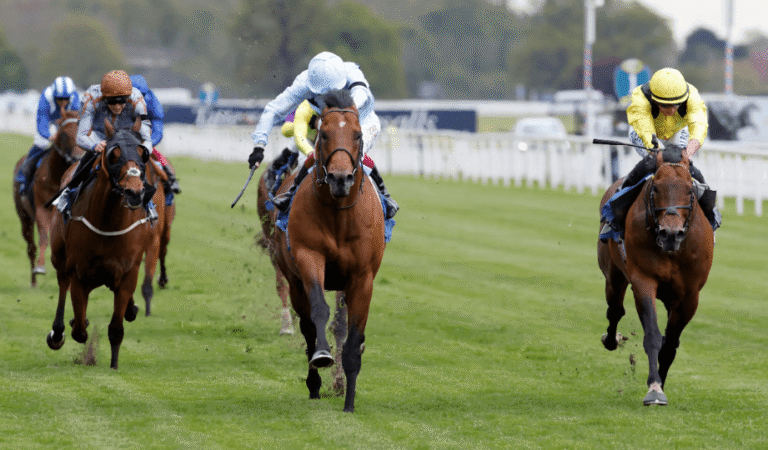In horse racing, the connection between jockeys and their mounts is pivotal. This relationship hinges on trust and effective communication. A jockey must understand their horse’s strengths and weaknesses to maximize performance. Through consistent training, they cultivate a bond that goes beyond mere instruction. As they navigate the complexities of racing, the dynamics of this partnership raise intriguing questions about the nature of their collaboration and its impact on success. What truly defines this connection?
The Importance of Trust in the Jockey-Horse Relationship
Trust serves as the cornerstone of the relationship between a jockey and their horse, influencing performance and overall well-being.
The trust dynamics in this bond foster an emotional connection essential for success on the racetrack. A jockey’s ability to inspire confidence in their horse can lead to enhanced responsiveness and cooperation, ultimately allowing both to experience the exhilaration of freedom during their shared journey.
Communication: The Key to Effective Partnership
Effective communication between a jockey and their horse is crucial for establishing a successful partnership on the racetrack.
Jockeys utilize verbal cues and body language to convey intentions and commands, fostering a mutual understanding. This dynamic interplay not only enhances performance but also builds trust.
A jockey’s ability to read their horse’s reactions further solidifies this vital connection, ensuring both freedom and efficacy during races.
See also: Horse Racing: The Best Venues for Watching Live Races
Understanding Each Other’s Strengths and Weaknesses
Recognizing and appreciating the unique strengths and weaknesses of both jockeys and horses is essential for achieving optimal performance on the racetrack.
Through performance analysis, jockeys can identify a horse’s capabilities and limitations, while emotional intelligence allows them to respond effectively to their mount’s needs.
This mutual understanding fosters a harmonious relationship, ultimately enhancing their chances of success and freedom on the track.
The Role of Training in Building a Strong Bond
While the bond between a jockey and a horse is often forged through experience, structured training plays a pivotal role in solidifying this connection.
Effective training methods enhance mutual understanding and trust, allowing both parties to develop an emotional connection.
Through consistent routines and tailored exercises, jockeys and horses learn to communicate seamlessly, fostering a relationship that can thrive under the pressures of competition.
Conclusion
In the intricate dance of horse racing, the bond between jockeys and horses serves as the rhythm guiding their performance. Trust, communication, and understanding are the notes that compose this symphony, allowing both horse and rider to harmonize on the track. As training refines their connection, it transforms mere partnership into a profound alliance. Ultimately, this relationship not only paves the way for victory but also nurtures the well-being of both the jockey and their equine counterpart.
